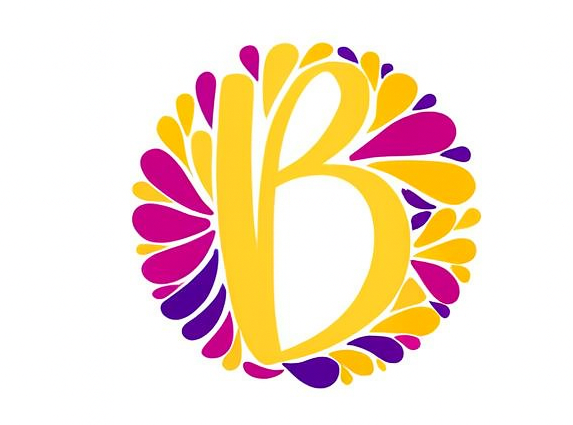Becoming a new father is much more than welcoming a child into your home. It marks a profound developmental shift—where hormonal adjustments, brain changes, and evolving routines converge to reshape a man’s identity and caring capacities.
The Birth of a Fatherhood Identity
The arrival of a baby signals the birth of a father—not only in legal or social terms but physiologically and psychologically. This transition often brings unfamiliar challenges, responsibilities, and expectations. Fathers today tend to be more actively involved in childcare than in past generations, sometimes spending three to six times more time on caregiving than their own fathers did.

Hormonal Shifts That Support Caring
While the dramatic hormone changes of pregnancy are unique to women, men too experience measurable hormonal adjustments before and after the birth of their first child. From about four weeks before birth to roughly five weeks afterward:
- Testosterone, vasopressin, and cortisol levels tend to drop
- Oxytocin (the “bonding” hormone) rises slightly
These shifts help foster emotional attunement, sensitivity, and patience — valuable traits for responding to a newborn’s needs.
Brain Adaptations & Neuroplasticity
Emerging research shows that becoming a father can also change brain structure, activity, and connectivity:
- Structural changes appear in brain regions associated with caregiving
- New fathers often show stronger emotional responses to infant cries than adults without children
- The more fathers engage in hands‑on care, the stronger the connectivity in their “parental brain network” becomes
These results suggest that it’s not only hormonal shifts but also active caregiving that reinforces the neurological foundation for fatherhood.
Starting Early: Prenatal Involvement
Positive fathering doesn’t wait until birth. Unborn babies respond to fathers’ voices, singing, or gentle touches to the mother’s belly during the second and third trimesters. Ultrasound feedback interventions where fathers read or sing to their babies in utero can foster greater sensitivity in postnatal interactions.
Tips to Support the Transition to Fatherhood
- Be proactive early – Talk or sing to your baby during pregnancy, attend prenatal visits, and learn infant cues.
- Prioritize time with baby – Even simple routines like cuddling, reading, or play build bonding and reinforce brain pathways.
- Watch for gatekeeping – Some mothers may hesitate to share responsibilities. Communication and mutual trust help overcome this.
- Push for paternal leave or shared caregiving – Time is essential to deepen involvement and strengthen the father–child bond.
- Self‐care and emotional awareness – The changes can be taxing. Seek peer support, counseling, or parenting groups if needed.
Conclusion
Becoming a new father is a powerful life transition that engages your biology, brain, and identity. You don’t just become a dad in name—you grow into one through intention, involvement, and attunement. By embracing prenatal connection, hands‑on care, and empathy, you can foster a strong father–child relationship from day one.


